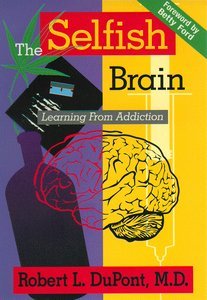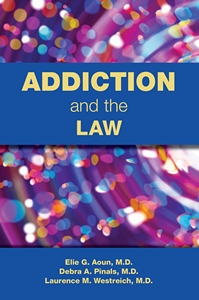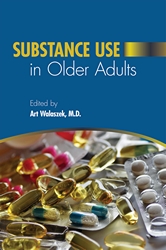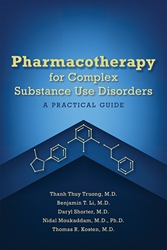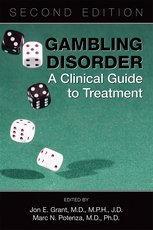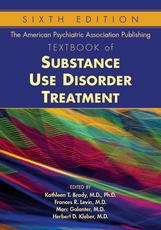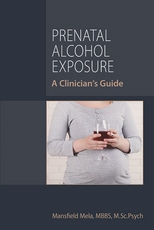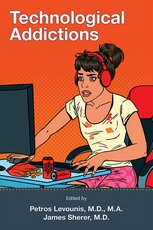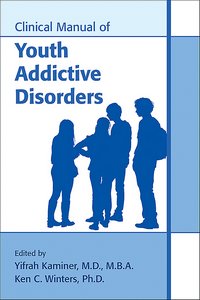The Selfish Brain
Learning From Addiction
View Pricing
Description
In this country, drug addiction and alcoholism have reached crisis proportions. The grim statistics illuminate the size of this crisis. More than 30 million Americans alive today will become addicted. The use of alcohol, tobacco, and illicit drugs causes one out of every four deaths in the United States. Illegal drug use now costs the nation $67 billion a year.
The Selfish Brain: Learning From Addiction takes a comprehensive, no-holds-barred look at the easy path to drug addiction and the tough road to recovery. Written in an easy-to-understand style, this book can help people confront addiction in their own lives and in their families by exploring the biological roots of addiction and the way addicts are allowed to deny their addiction by compassionate, well-meaning people. Based on his experience as a specialist on addiction and as a policymaker, former drug czar Robert L. DuPont, M.D., advocates tough-love measures to strip away the denial that allows addicts to remain trapped in their destructive habit and place them on the road to recovery. He examines treatment options, especially 12-step programs, which he believes are the most effective path to recovery. Powerful and often controversial, The Selfish Brain provides an honest examination of an insidious, destructive disease.
Contents
- Foreword by Betty Ford.
Thinking About Addiction.
Addiction to alcohol and other drugs. A world history of drug abuse. The contemporary scene.The Brain and Addiction.
The brain: target organ of addiction. Gateway drugs: alcohol, marijuana, and cocaine. Heroin and other drugs of abuse.Overcoming Addiction.
The addict's career. Codependence: the mirror of addiction. Preventing addiction. Intervention and treatment. 12-step programs: a modern miracle. Tough policy choices to prevent addiction. The future of addiction. A personal footnote. Drug facts. Bibliotherapy. Appendix 1: 12-step fellowship and other mutual-aid group descriptions. Appendix 2: Resources. Index.
About the Authors
Robert L. DuPont, M.D., is clinical professor of psychiatry at Georgetown University School of Medicine in Washington, D.C. Dr. DuPont is a practicing psychiatrist who has specialized in the prevention and treatment of addiction to alcohol and other drugs for more than two decades. He was the first director of the National Institute on Drug Abuse (NIDA), serving under Presidents Nixon, Ford, and Carter. Dr. DuPont was also the second director of the White House drug abuse prevention office, a position now known as the drug czar. He is president of a nonprofit research organization, the Institute for Behavior and Health, Inc., and vice president of Bensinger, DuPont, and Associates, a national consulting firm specializing in the problems of addiction in the workplace. A second major area of professional interest is anxiety disorders such as agoraphobia, panic disorder, and obsessive-compulsive disorder. He was the founding president of the Anxiety Disorders Association of America.
Related Products
Carousel Control - items will scroll by tabbing through them, otherwise arrows can be used to scroll one item at a time
